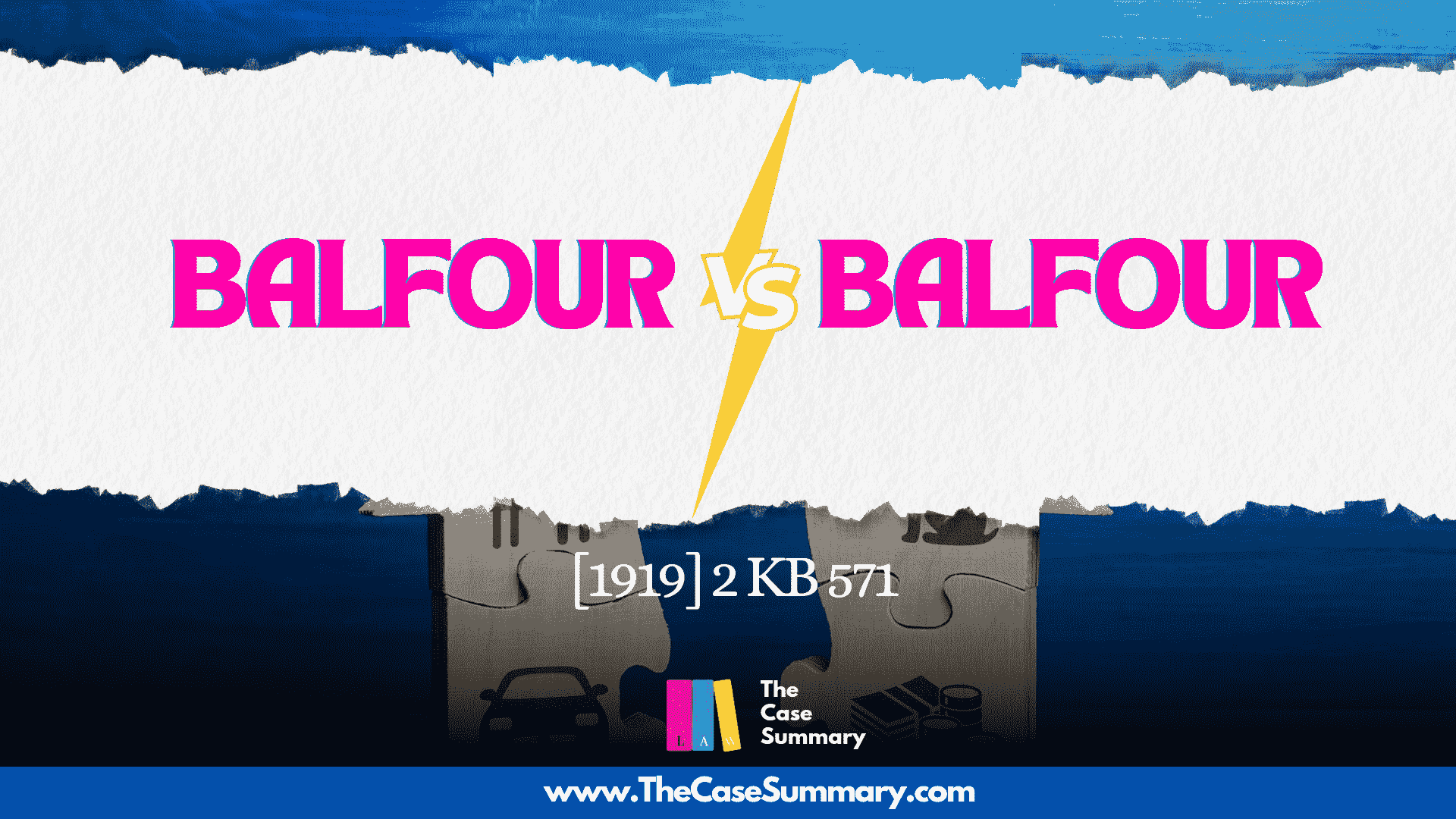Peters vs Fleming
Reference : [1840] 141 ER 314
Jurisdiction : United Kingdom
Plaintiff : Fleming
Defendant : Peters
Facts :
The case involved a minor who studied in the University of Cambridge and was also the child of a prominent Member of the British Parliament, which placed him in a particular social and economic context. (In 1840, “minor” was defined as a person under the age of 21). This minor engaged in transactions to purchase various luxury items, including four rings, a watch-chain, a pair of cloak pins and the repair of a ring. Despite acquiring these items, the minor failed to make payment.
The tradesman, Fleming, brought a claim to recover the cost of the items, arguing that the minor should be held liable for the payment. The key question revolved around whether these goods could be considered “necessaries” given the minor’s social status and the circumstances at the time of the purchase.
Issues :
- Can a minor be legally held liable for entering into a contract, especially when the contract involves luxury items?
- Can the luxury items purchased by the minor, such as rings, pins, and watch-chains, be classified as “necessaries” under the law, thus making the minor liable for their payment?
Argument :
The trial judge decided that the jury should decide whether these items were “necessaries“. The jury gave the decision that the items bought were indeed “necessaries“.
The defendant’s counsel appealed that a contract could not be enforced against a minor. Under the general legal principle, minors are protected from contracts that are not for necessaries. He argued that the items could not be classified as necessaries and the question should never have been left up to the jury.
The court had to decide what was meant by “necessaries”. Judge Baron Park said, ❝The word necessaries was not confined, in its strict sense, to such articles as were necessary for the support of life but extended to articles fit to maintain the particular person in [his] state, station and degree in life in which he is.❞ Another Judge, Baron Alderson, agreed with this. He asked, ❝Were the articles bought for mere ornaments? If so, they cannot be “necessaries” for anyone. If however they are bought for real use, then they may be “necessaries“, provided they are suitable to the infant’s age, state and degree.❞
Decision :
The court determined that, at the very least, the watch chain and cloak rings had practical uses and were not merely ornamental. It was appropriate for the judge to allow the jury to decide the case, especially considering the minor’s social background as the son of a parliamentarian and a Cambridge student. This context influenced the jury’s decision. They concluded that the items were “necessaries“, making him liable for payment.
Author :
1. Raiyan Talukder
Note: The Case Summary is a platform by the law students, for the law students. We aim to summarize the facts and decisions of various important cases in both Bangla and English with utmost caution. However, this platform is in no way a replacement for going through the complete judgements by the law students and we discourage any learner from relying on case summaries alone. Thank you



